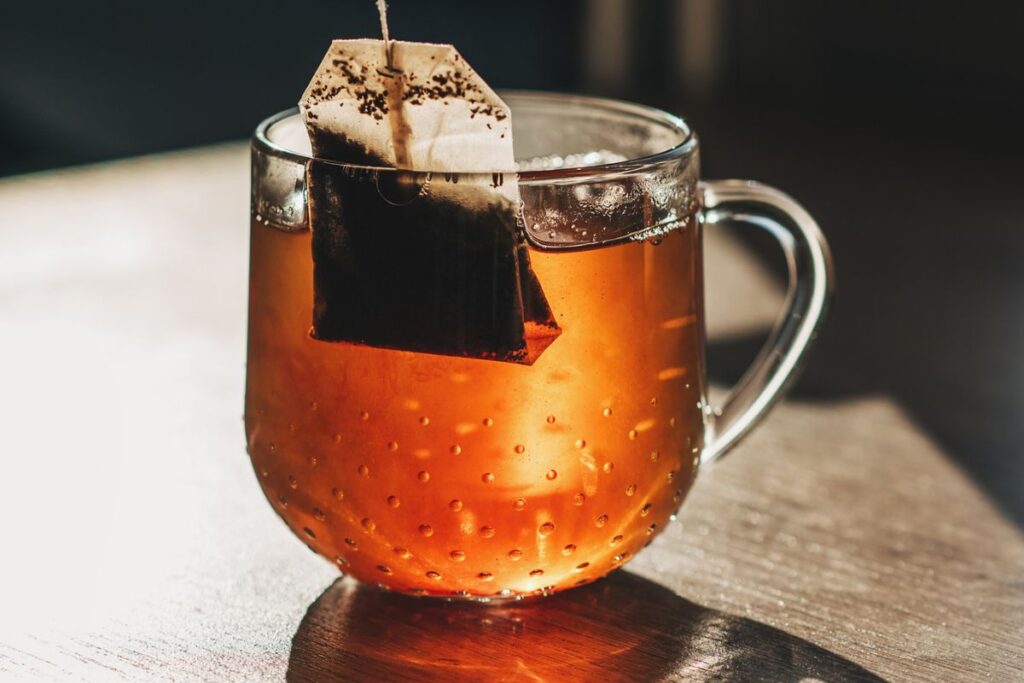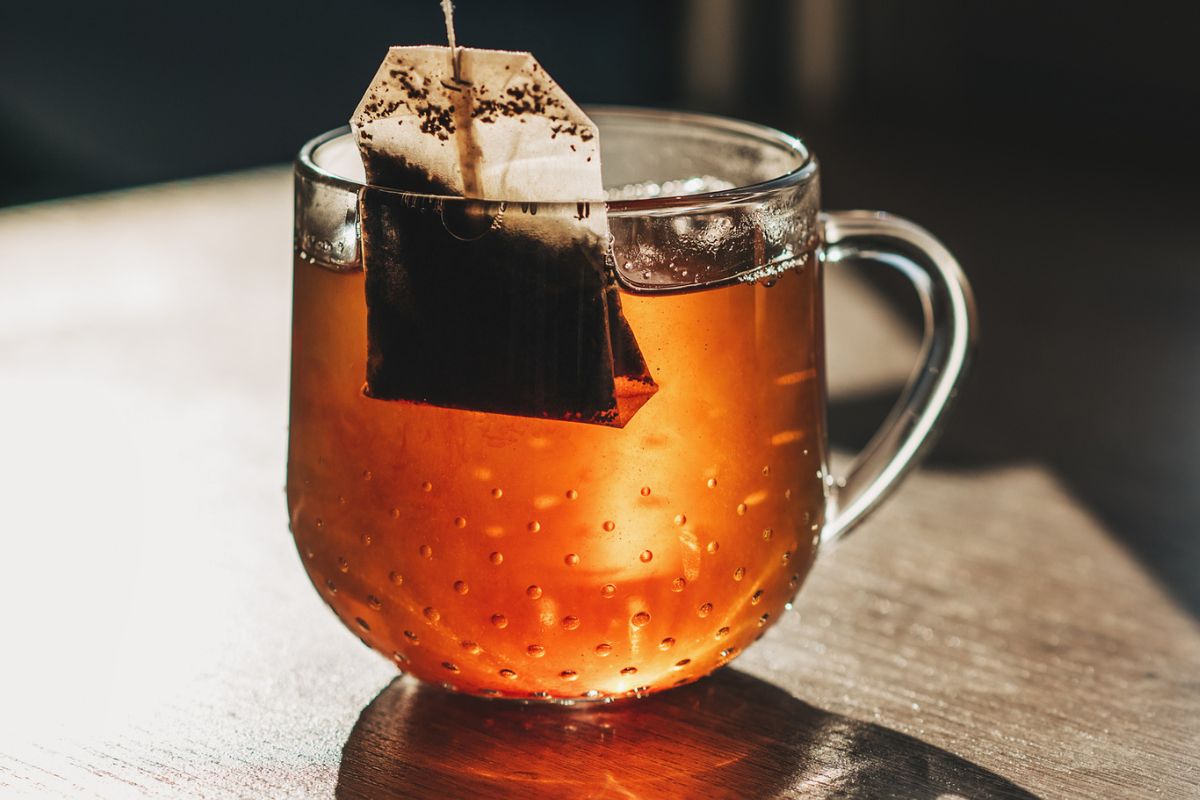Tea is often regarded as a gentle beverage, offering solace with every sip and touted for its numerous health benefits. But what if I told you that some types of tea might not be as harmless as they seem?
Today, we’re diving into the murky waters of the tea world – specifically, “The Harmful Tea Many Consume: Potential Risks to Intestines and Brain.” Buckle up; it’s going to be an eye-opener!
Understanding Harmful Teas
When we talk about harmful teas, we’re not just pointing fingers at that cup of Earl Grey you enjoy in the morning. The risks can stem from several areas: the type of tea, how it’s processed, and even what additives might sneak their way into your cup.
It’s crucial to understand this landscape because not all tea is created equal.
Types of Tea That Raise Red Flags
Some teas, particularly those that are less commonly known, can pose risks to your health. Let’s break it down:
1. Herbal Teas
Herbal teas, often labeled as “natural,” can be deceiving. Some herbs used in these blends may interact negatively with medications or disrupt gut health.
Ingredients like comfrey and certain laxative herbs can harm your intestines over time.
2. Black and Green Teas
While generally considered healthier options, excessive consumption of black or green tea can lead to negative effects.
For instance, too much caffeine can stimulate anxiety levels and affect brain function, raising concerns about overdependence on these drinks.
3. Processed Teas
Instant teas or those filled with artificial flavorings and preservatives can also have an adverse impact on your health.
They might contain additives that aren’t gut-friendly and could irritate your intestines.
Potential Intestinal Risks
The intestines are a crucial aspect of our health, often termed the “second brain.”

When we consume teas that are harmful, our gut health can be at risk.
Effects on Gut Health
Heavy reliance on certain tea types can lead to gastrointestinal issues, ranging from discomfort to chronic conditions. Ingredients that irritate the gut lining can lead to inflammation, and over time, this may translate into bigger problems like leaky gut syndrome.
Imagine your intestines as a protective wall; harmful teas can chip away at this fortress.
Microbiome Disruption
Did you know that your gut is home to trillions of bacteria? A delicate balance is essential for optimal health.
Harmful teas can disrupt this balance, leading to a proliferation of bad bacteria while starving the good ones. It’s kind of like inviting uninvited guests to your party!
Effects on Brain Health
Our brains heavily rely on the nutrients we provide.
Can certain teas play a role in cognitive health? Absolutely!
Caffeine Overload
Too much caffeine can contribute to anxiety and disrupt sleep patterns, which in turn affects cognitive function.
Imagine trying to concentrate after a sleepless night fueled by tea – it’s not a recipe for success!
Toxins and Contaminants
Some teas may contain heavy metals or pesticides, which can affect brain function.
Think about what you put into your body; just like you wouldn’t pour garbage into your car, why would you sip on toxins?
Conclusion
Before you reach for that next cup of tea, it’s vital to consider what’s inside your brew.
There can be potential risks lurking in your favorite blends that might negatively impact both your intestines and your brain.
As with everything in life, moderation and mindfulness are key. So take the time to research, choose wisely, and sip with intention!
FAQs
1. Can herbal teas really be harmful?
Yes, some herbal teas can contain ingredients that interfere with medications or harm gut health, especially when consumed in excess.
2. What are the signs of gut irritation from tea?
Signs may include bloating, discomfort, diarrhea, or chronic digestive issues. If you notice these symptoms, consider revisiting your tea choices.
3. Is green tea safe in moderation?
Absolutely! Green tea is generally safe in moderation; however, excessive consumption can lead to issues related to caffeine and other compounds.
4. What should I look for when choosing tea?
Opt for organic teas without artificial additives, and be cautious of herbal teas. Always read labels to ensure you’re drinking something beneficial.
5. Can I detox my gut from harmful teas?
Yes, focusing on a clean diet, hydration, and gut-healthy foods can help restore balance. If concerned, consult a healthcare professional.

